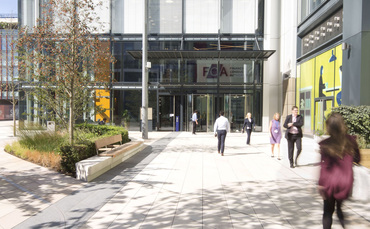Nearly a year later, the UK's financial watchdog said today (3 March), that it will investigate some of the LME's "conduct and systems and controls in place" in the period between 1 January 2022 and the time of suspension on 8 March 2022.
"The FCA has confirmed an investigation in light of the public interest in these matters and will not make any further comment in line with normal policy," the regulator said.
On 8 March last year, the LME was forced to suspend nickel trading and cancel trades after prices doubled to more than $100,000 per tonne.
London Metal Exchange suspends electronic nickel trading
Nickel trading resumed on the LME on 16 March, but the move marked the biggest crisis to hit the exchange in decades. The suspension occurred amid challenging commodity market conditions following Russia's invasion of Ukraine.
"Since the suspension the FCA has made clear its expectation that the LME should consider carefully how the events of March 2022 should shape its future approach on market structure, including the role of transparency in facilitating effective risk management," the FCA added.
The sharp rally was caused in part by the fact Xiang Guangda, the leader of China's leading stainless steel group Tsingshan Holding, struggled to meet demands for cash on a backfired short bet.
Regulators to review LME approach to suspension
While the move eased the strain on brokers who were facing significant margin calls, it also caused huge controversy after hedge funds and other traders had highly profitable contracts ripped up.
In April 2022, the Bank of England said it would undertake a review into the operation of LME Clear, LME's clearing house, to determine whether any lessons might be learned in relation to its governance and risk management.
Today, the BoE said it had found "several shortcomings" across LME Clear's governance, management and risk management capabilities. It urged the unit to address these issues and announced supervisory action.


